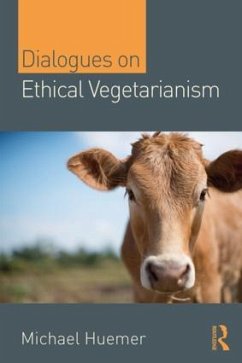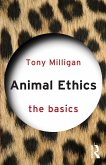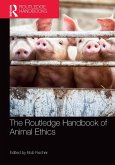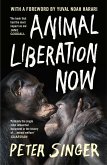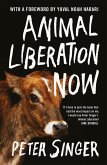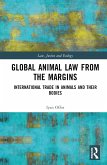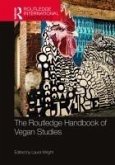After lives filled with deep suffering, 74 billion animals are slaughtered worldwide every year on factory farms. Is it wrong to buy the products of this industry?
In this book, two college students - a meat-eater and an ethical vegetarian - discuss this question in a series of dialogues conducted over four days. The issues they cover include: how intelligence affects the badness of pain, whether consumers are responsible for the practices of an industry, how individual choices affect an industry, whether farm animals are better off living on factory farms than not existing at all, whether meat-eating is natural, whether morality protects those who cannot understand morality, whether morality protects those who are not members of society, whether humans alone possess souls, whether different creatures have different degrees of consciousness, why extreme animal welfare positions "sound crazy," and the role of empathy in moral judgment.
The two students go on to discuss the vegan life, why people who accept the arguments in favor of veganism often fail to change their behavior, and how vegans should interact with non-vegans.
A foreword, by Peter Singer, introduces and provides context for the dialogues, and a final annotated bibliography offers a list of sources related to the discussion. It offers abstracts of the most important books and articles related to the ethics of vegetarianism and veganism.
Key Features:
Thoroughly reviews the common arguments on both sides of the debate.Dialogue format provides the most engaging way of introducing the issues.Written in clear, conversational prose for a popular audience.Offers new insights into the psychology of our dietary choices and our responsibility for influencing others.
In this book, two college students - a meat-eater and an ethical vegetarian - discuss this question in a series of dialogues conducted over four days. The issues they cover include: how intelligence affects the badness of pain, whether consumers are responsible for the practices of an industry, how individual choices affect an industry, whether farm animals are better off living on factory farms than not existing at all, whether meat-eating is natural, whether morality protects those who cannot understand morality, whether morality protects those who are not members of society, whether humans alone possess souls, whether different creatures have different degrees of consciousness, why extreme animal welfare positions "sound crazy," and the role of empathy in moral judgment.
The two students go on to discuss the vegan life, why people who accept the arguments in favor of veganism often fail to change their behavior, and how vegans should interact with non-vegans.
A foreword, by Peter Singer, introduces and provides context for the dialogues, and a final annotated bibliography offers a list of sources related to the discussion. It offers abstracts of the most important books and articles related to the ethics of vegetarianism and veganism.
Key Features:
Thoroughly reviews the common arguments on both sides of the debate.Dialogue format provides the most engaging way of introducing the issues.Written in clear, conversational prose for a popular audience.Offers new insights into the psychology of our dietary choices and our responsibility for influencing others.

